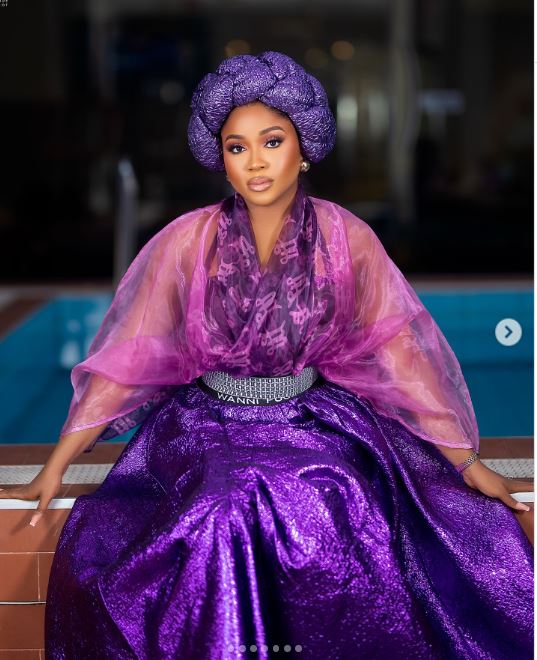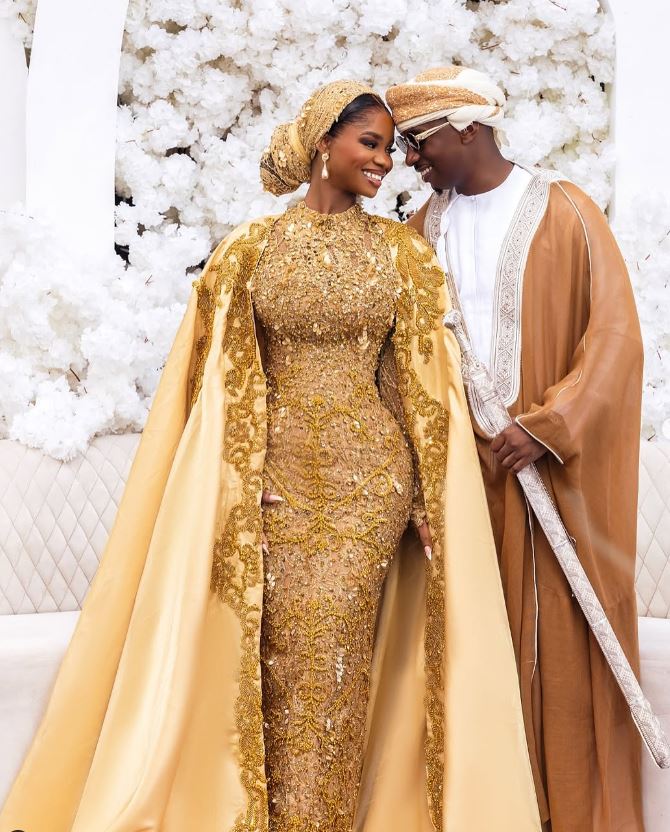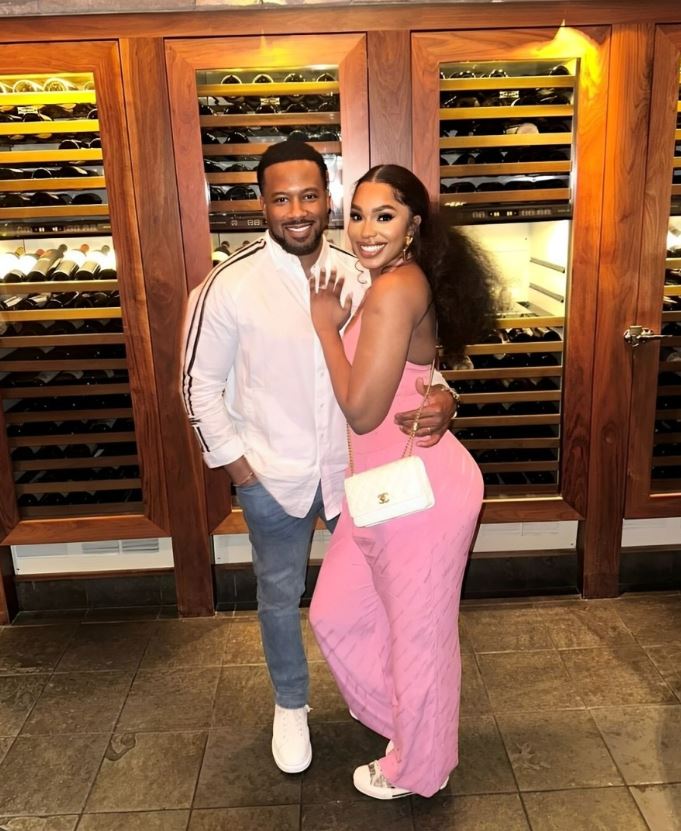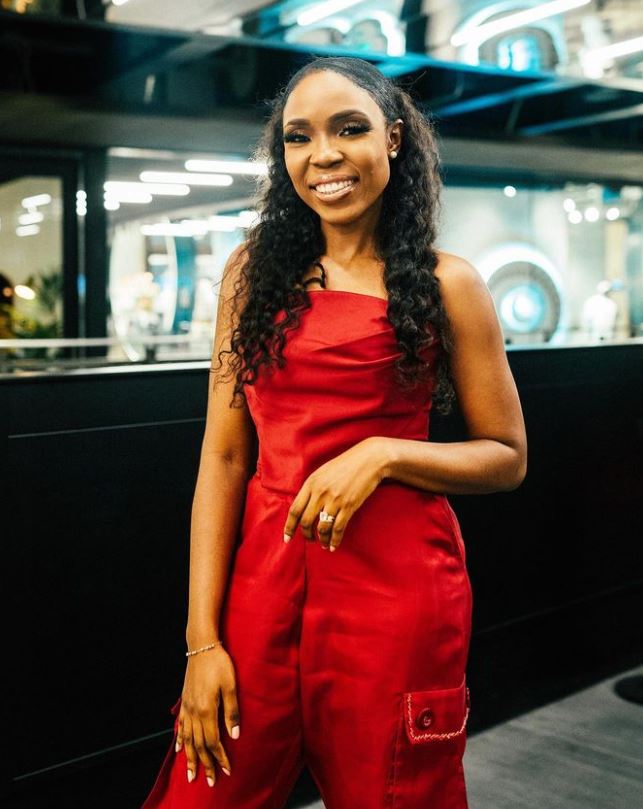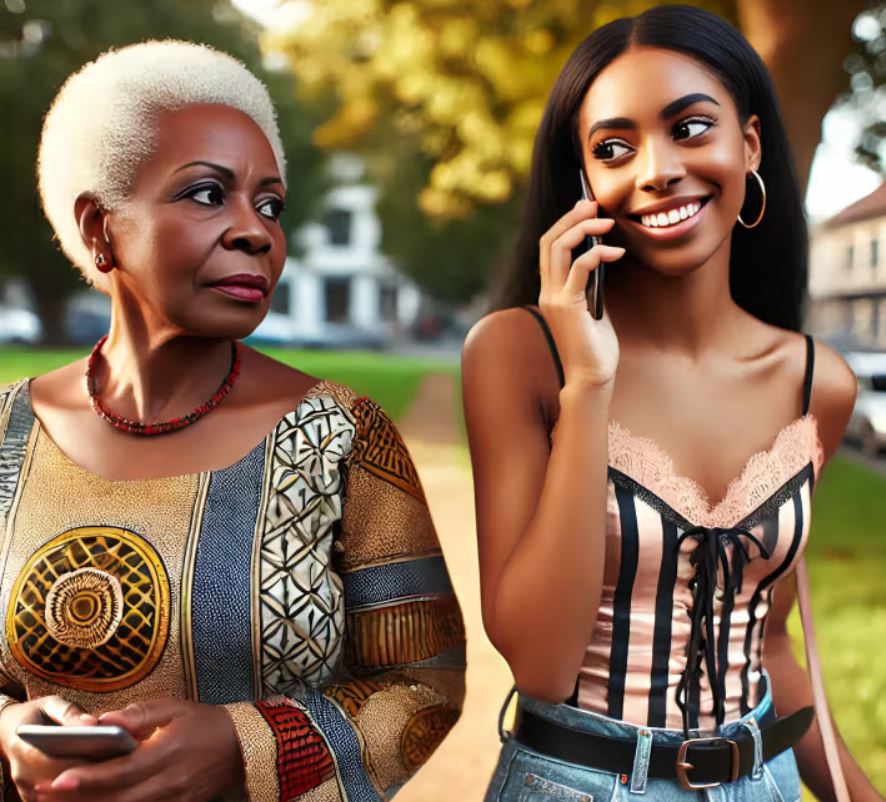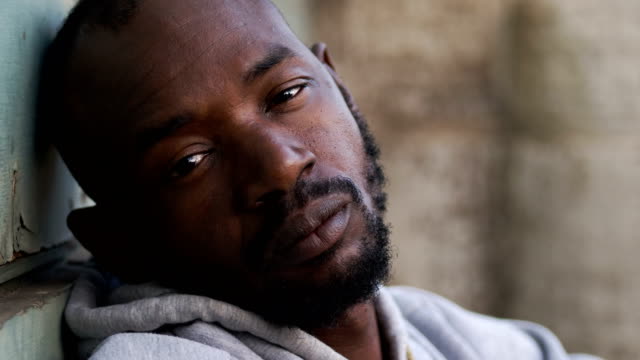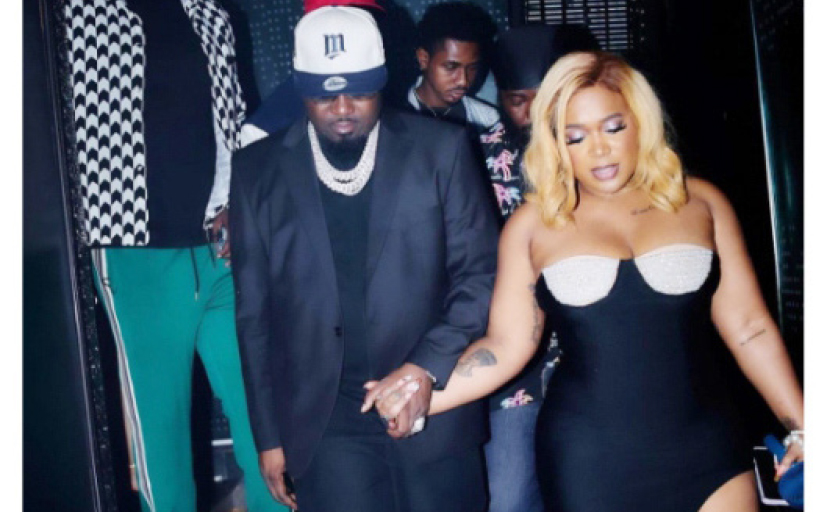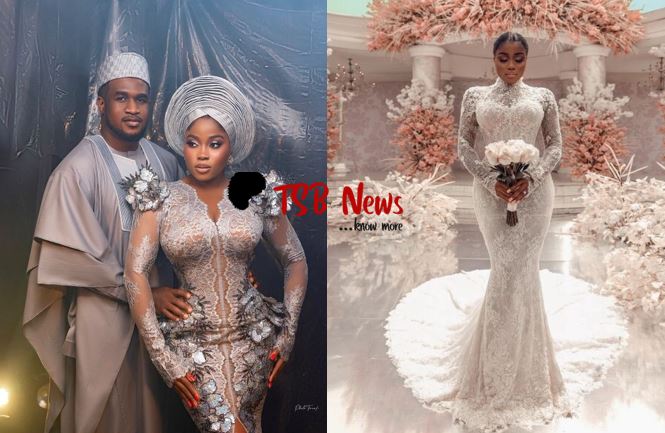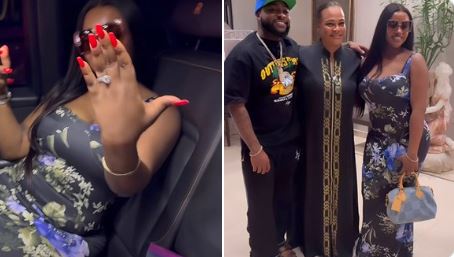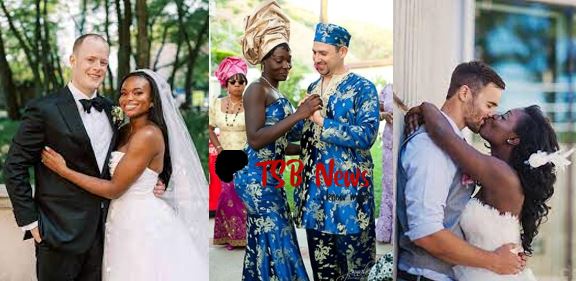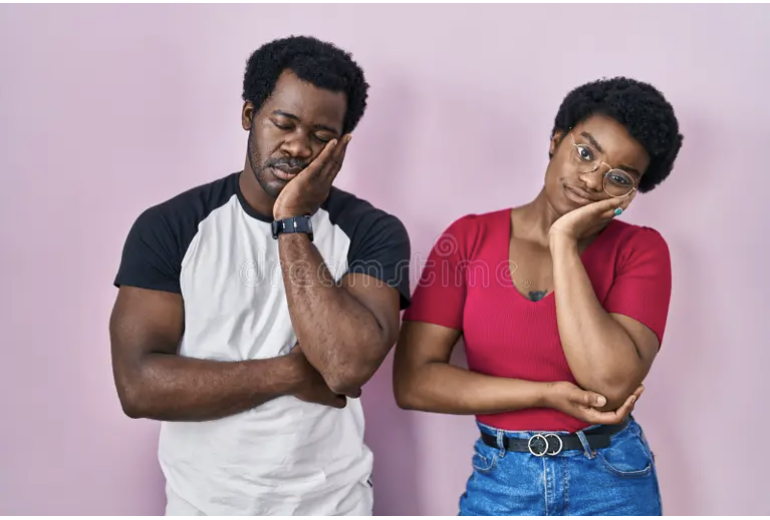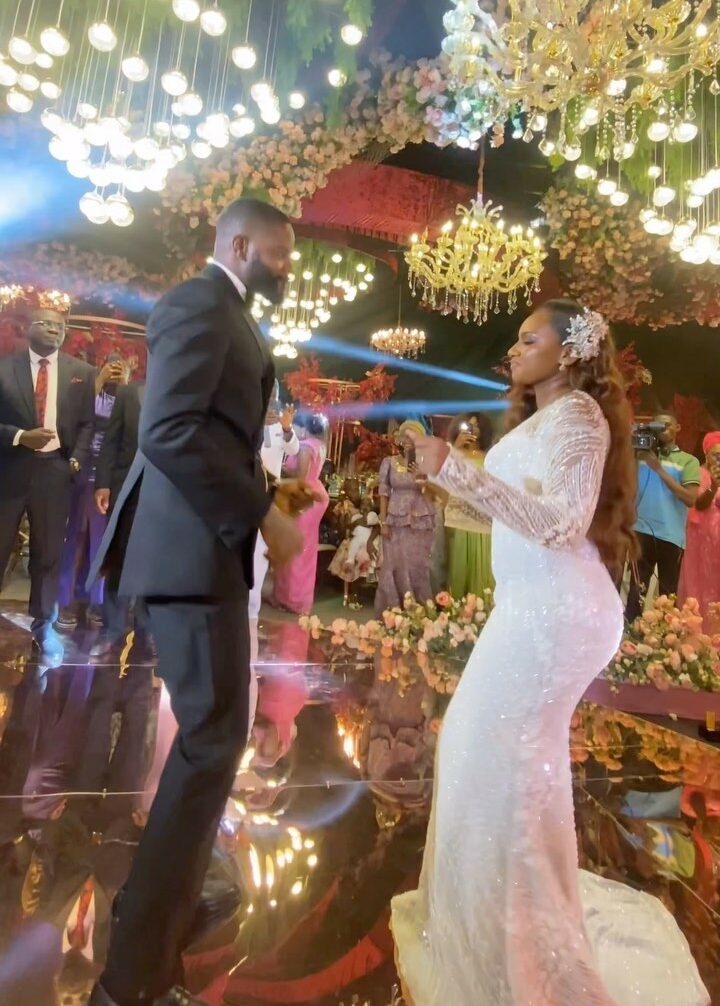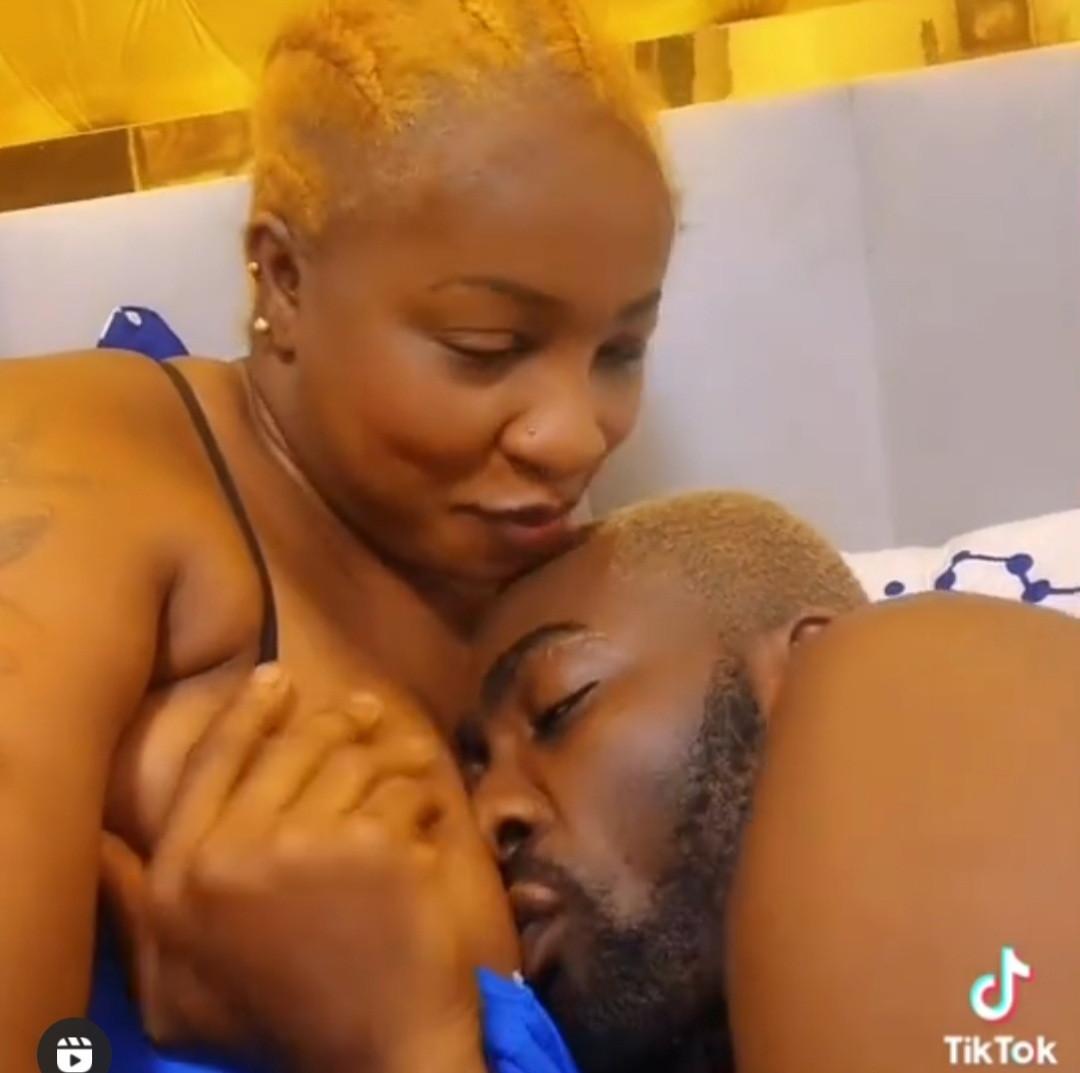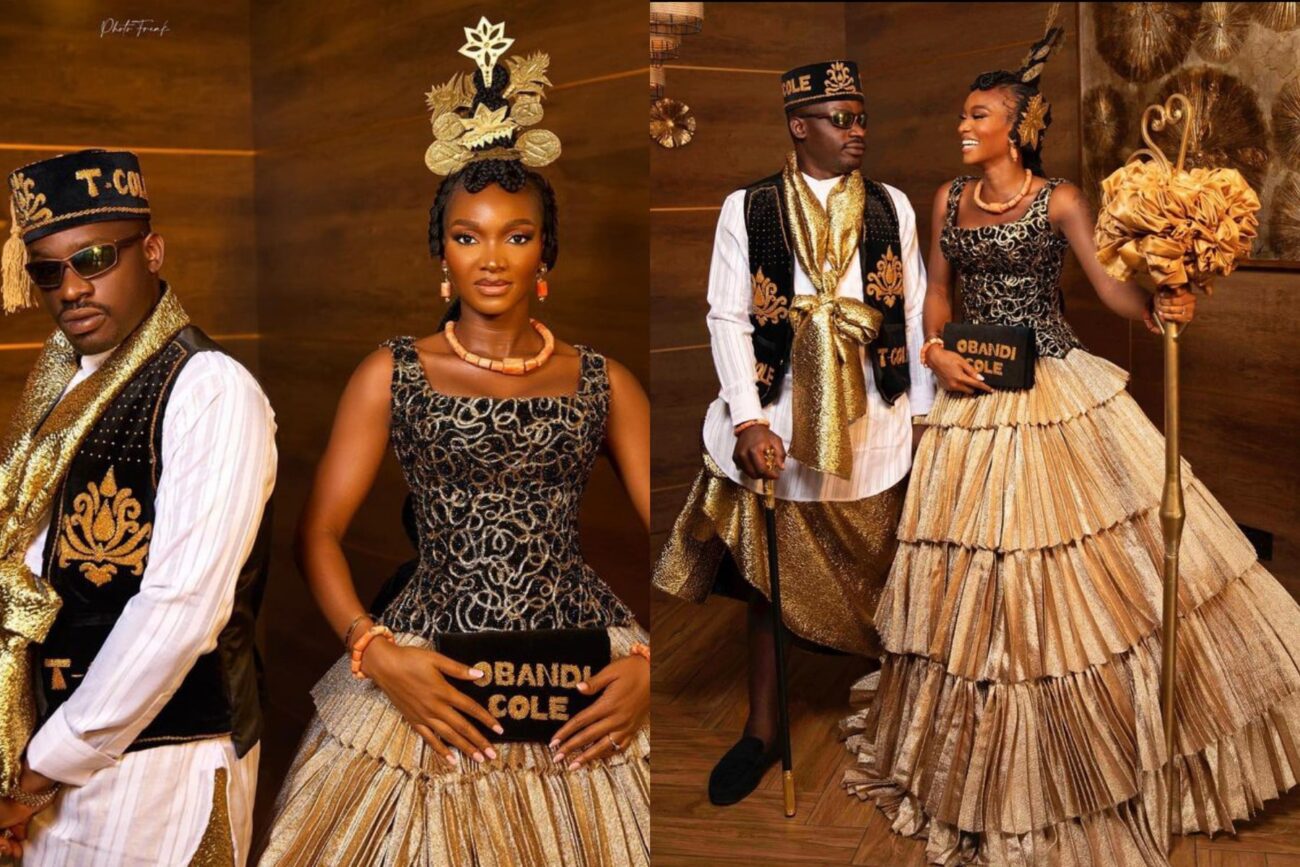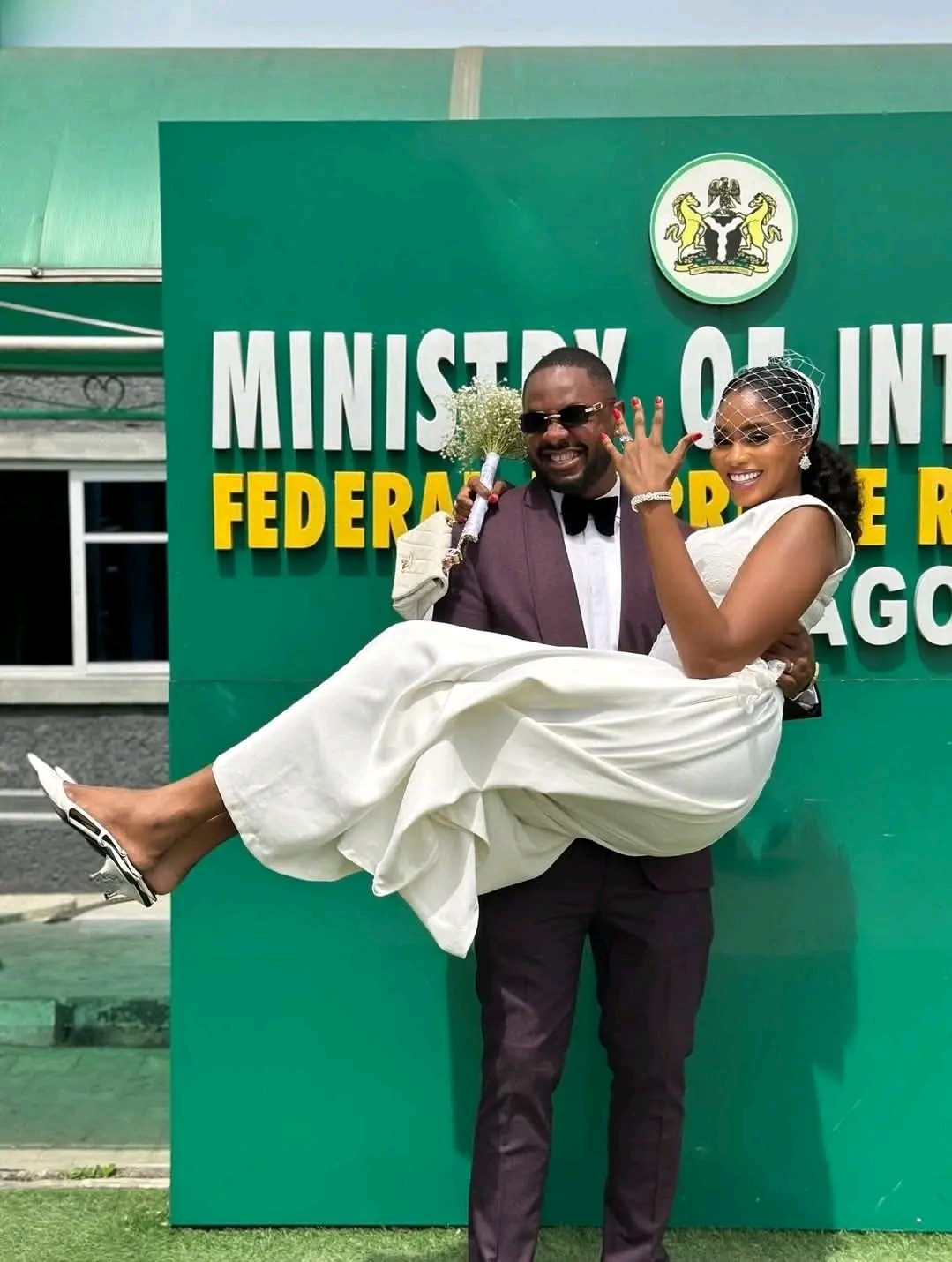Fashion entrepreneur, Motunrayo Agusto shares her intersting conversation with a 60-year old man on marriage and why marriage needs to stop being viewed as a favour being done to the woman.
Read Below…
A few days ago, I had an amazing conversation with a 60-year-old man about why I’m married but not changing my surname. It was just the beginning of a broader and longer conversation about women in our society. I haven’t met many people, across any generation, who seek to understand views that are different from theirs and particularly, who open their minds to understanding a woman’s right to choose. I thoroughly enjoyed talking to this lovely man who I’d refer to as Mr. F going forward.
Mr. F started by asking me “Why?”
I explained, “changing my name is not a natural inclination of mine. It’s not something I have ever really considered doing or aspired to do. It’s just not my truth.”
What I didn’t tell him is that, at age 16, I didn’t even want to get married. I wanted to be President and my good friend Mr. A, who is from the Niger Delta region, was going to be my running mate because that would reflect Federal Character. Clearly, I didn’t fully understand how it works LOL! Plus, let’s not get into the ironic course of my young adulthood. Anyway, that was the future I envisioned. That was my truth.
There are probably women everywhere who have looked forward to getting married since they were 16, and fantasised about being called Mrs. XYZ. They might value the cohesion of their families sharing one surname or maybe just don’t think of this as a necessary topic of discussion because the norm is the norm. Whatever their reasons, this is their right and it is their truth. Women do and should always have the right to choose. That’s why I define feminism as a woman’s right to choose.
Genuinely, Mr. F had never heard of a woman who didn’t change her surname after marriage. He had heard of hyphenating, but not changing anything at all?! He was speechless, but eventually mustered the words, “and your husband allows this?!”
This might have been the point where I sat down. I said “my husband doesn’t get to ‘allow’ me to bear my own name, just like I don’t get to allow him to bear his. He gets to have an opinion or feeling on the issue, that we can discuss as two consenting adults and then come to an agreement.” I believe that customs like changing women’s’ surnames play a subconscious role in shaping the way they view themselves, and the way society views them. They are not allowed to be themselves and just live their lives without considering the man and family to which they are going to end up belonging to. Marriage needs to stop being viewed as a favour being done to the woman.
I believe that such customs also play a causative role in cultures where the male child is considered more valuable than the female child. It is believed that whatever she accomplishes (if she’s “allowed” to) will be attributed to her husband’s family not her father’s. Notice how the mother doesn’t even feature. This has subsequently affected the willingness to invest in the education of girls in many societies.
On a lighter note, I told him about a friend of mine who was asked when she cut her hair, “what if your future husband doesn’t like it?” She didn’t even have a boyfriend at the time.
I talked to Mr. F about matrilineal societies around the world and how the concept of taking the man’s name is a social construct that actually goes against nature. When a child is born, the only parent that is indisputable is the mother, yet it’s the norm for children to inherit their father’s’ surnames. Ironically, we’ve heard the stories too many times about how, when a wife falls out of favour with her husband, so do “her” children ?.
He admitted that he would feel insecure if his wife had kept her surname, and would feel like she wasn’t fully committed. Another similarly-aged man in the room mentioned that he had insisted that his wife put the title “Mrs” on her business card. I still don’t know how to respond to that but decided to focus on one battle at a time.
Mr. F then said, : “you’re very lucky. Your mother is ‘aje butter’*. There are many Nigerian mothers who wouldn’t allow their daughters do this”. Whoop! My turn to ask a question!
Motunrayo: Please Sir (pronounced ‘sah’) do you have a daughter?
Mr. F: Yes
Motunrayo: So if/when she’s getting married, she says to you that she’s not changing her name. You tell her you don’t approve, and she thanks you for your opinion but doesn’t change her stance. What would you do about it?
Mr. F: *long silence* You’re right. There’s nothing I can do about it. She’s an adult.
“Go figure Mr. F!”, I thought to myself.
He then proceeded to say that he’d also ask her if her husband, mother-in-law, father-in-law, sisters-in-law (I think I interrupted him at this point) are OK with it. He was about to say that if it’s fine with them, he would be fine with it. My turn to speak again Mr. F, “I have a sister-in-law, and I am not entitled to a say in what she calls herself. In that same vein, no one is entitled to a say in what I call myself.” Except for my husband and I. There are only two people who count on this issue- the husband and the wife. Marriage is about compatibility, so let the man who thinks his wife must change her name, marry a woman who thinks she must change her name; let the man who thinks his wife shouldn’t work, marry a woman who doesn’t think she should work, and so on. It’s sooo simple.
This part of the conversation reminds me of a woman who messaged me about this issue and said something to the effect of, “Did you do this because you already had your fashion brand in your name? You are lucky because most Nigerian men and their families would not allow this. They would say that they have paid your bride price.”
Here’s my response to that:
I don’t think of myself as being lucky for marrying someone whose values are aligned with mine. I think of myself as an adult who willingly opted into a marriage with that person. I am not property to be bought and sold, and so if I discover that the family of the person I am dating is of that opinion, it is within my right and ability to opt out of that relationship. I do in fact think of myself as being lucky for meeting my husband, but I resent the idea that a woman (in my position of course, because let’s be real, socioeconomics, religion or culture prevent 14-year-old girls who are married off from even knowing that they have options) is helpless or without a choice as to who she marries, orwhether she gets married at all!! Every relationship does not have to end up in marriage and you always have a choice. This video of Judge Lynn is an amazing way to think about dating, and it shouldn’t stop in your 20s!
There are so many people, consciously or unconsciously, who don’t believe that a woman should have a choice, opinion or say as to her life or how it turns out. My conversation with Mr. F made me realise that I have never heard of a man being referred to in the context of what his in-laws would or wouldn’t allow.
So I told him, “in my opinion, one of the biggest problems with marriage in our society is the imbalance in raising boys and girls.” He agreed completely. “Girls are raised to be perfect, and boys are raised to be rich.” Somewhere in the future, when two people raised under these circumstances (quite literally) find themselves married to each other, the woman- who is likely more worldly, better educated, better skilled, more knowledgeable, more responsible and more dependable- is expected to submit to the man as ‘the head of the family’ who at best is more successful or richer. In reality, money isn’t everything and people have varying strengths in which gender is not a determining factor. Trying to fit into a caricature or mold that has been created just breeds insecurity, resentment and people who are not maximising their potential for their families. Of course, there are also exceptions to this, but let’s be real- not having money is the only crime a Nigerian man can commit.
There is an unusual, unrealistic and unnecessary financial burden placed on men when they get married, and the elders reinforce those expectations as a matter of fact. “If the rent is not paid, you are to blame. If there is no money for food, you are to blame. When you have children; if the school fees are not paid, you are to blame.” In return, men are not held to any moral standards. In reality, being able to support a family on one person’s income is a luxury, and men who are loving fathers and primary caregivers to their children shouldn’t be shamed because they don’t have a lot of money. Sadly, both men and women perpetuate this. Men also suffer from the patriarchy! They should be fighting for feminism too.
Anyone who belongs to a family knows that value is provided in different ways- providing money is just one of them. The role of raising kids, which is traditionally assigned to women, is one that doesn’t get compensated but is extremely valuable. Some would even argue that the role of raising children is equally as important as providing money. If this is the case, why should either gender be shamed for being primary caregivers?
At some point in the conversation, Mr. F asked “When you have children, what would their surnames be?” I responded, “we haven’t decided. We’re both comfortable with his surname or both of ours hyphenated.”
My very traditional mother pounded the table in her signature dramatic fashion and said “That is when you would know who Seni’s mother is.” Now it was time to tell them a story about my mother-in-law.
I had taken my mother-in-law to a seamstress in Lagos to get measured for an outfit and when the sales assistant asked her for her name, she responded with her first name. The room was quiet and the sales assistant stared at my mother-in-law in confusion, waiting for a name she could actually write. My sister and I burst out laughing. My sister said to her “Ma, in Lagos, your name is Mrs. Sulyman o.” Relieved, the sales assistant wrote “Mrs. Sulyman”.
Mrs. Sulyman laughed at all of us! You see, she lives and works in America. And in many circumstances, she said, even a ten-year-old could call you by your first name. It’s a society where no one knows your family name or history and quite frankly, no one cares. It forces you, she said, to be humble and look within yourself and ask what value you are bringing to the world and how people benefit from interacting with you. For the average person living in a foreign country, you don’t get to hide behind big titles or forced traditions of showing respect. You earn respect by being a respectable human being.
My mother then said “you’re just going to give your children an identity crisis.” I responded, “an identity crisis is my lack of knowledge about my mother’s rich Benin culture and history. An identity crisis is the many adults in Nigeria today who have never been to their hometowns and have no connection to their heritage on either parental side because they’ve lived in Lagos their entire lives. What an identity crisis isn’t, is my children also bearing my name.”
The funniest part of this conversation was when Mr. F tried to wayo* me and said that when I introduce myself publicly as Motunrayo Agusto, men might think I’m available. I humoured him and said I’d tell them I’m not and that’s that. He refuted. I said “Sir, there are men in this Lagos, that even if I take my husband’s first and middle names and put ten rings on my finger, won’t be deterred from trying.” We all burst into laughter and agreement.
Mr. F explained to me that I couldn’t afford to make mistakes in life, because things like not changing my name would be identified as the root cause of any slip ups. I laughed and nodded. Having thought about it now, I love all the mistakes and messes I’ve made. They have made me the woman I am today. I have and will never live life so cautiously, that I might as well not be living at all.
Mr. F conceded and said, “at the end of the day, the truth is that your husband is very secure in himself and does not need the validation.” Where are the lies?
When I hugged him goodbye, he put his head against mine saying, “my parents did not pay for as good an education as yours did. I’m hoping some of your brain rubs off on mine.” Mr. F is a 60-year-old Yoruba man. Things are changing. And culture, they say, is whatever is being practiced at any given time. It evolves.
*aje butter- a pampered person
*wayo- to pull a fast one on someone


